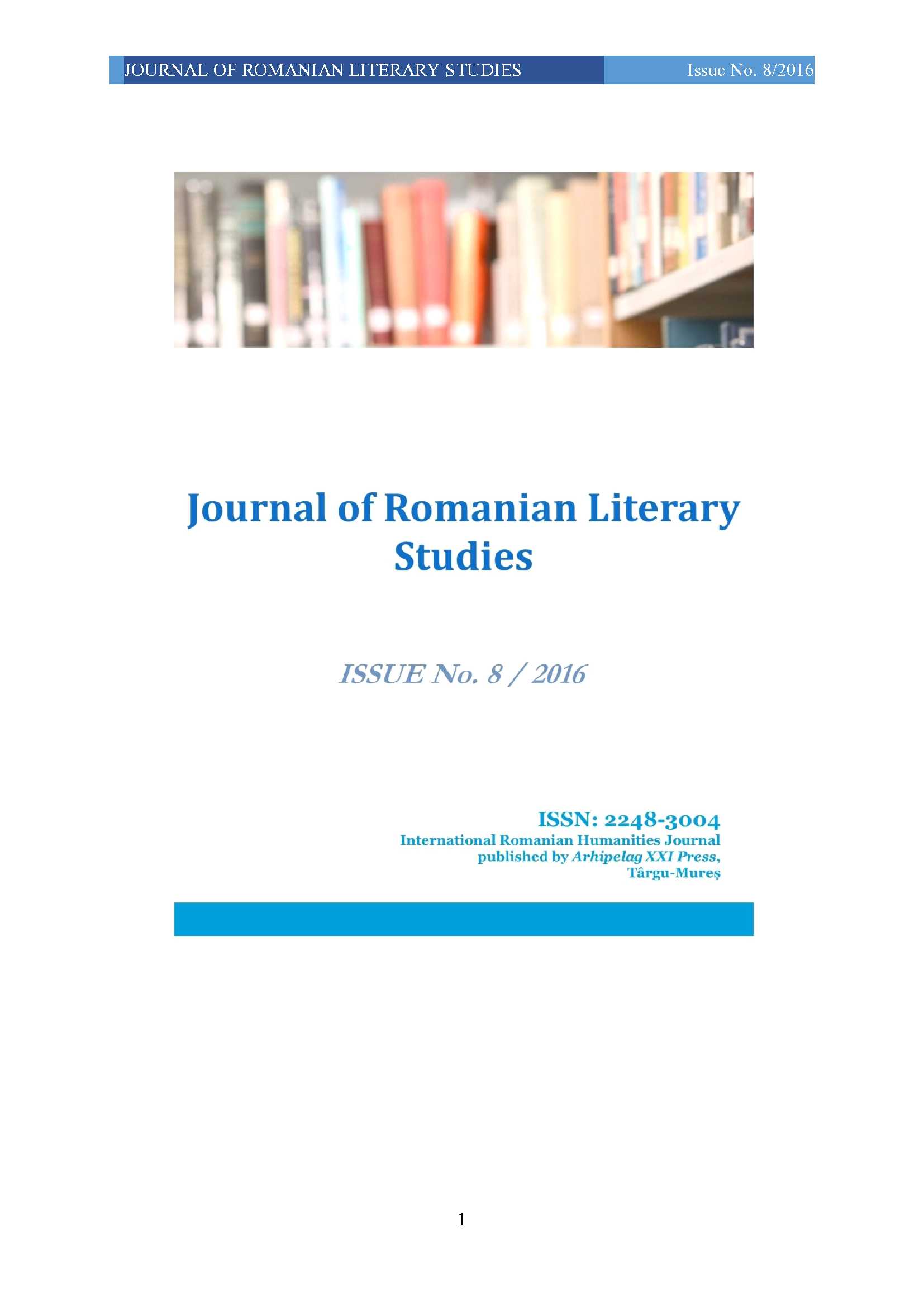LITERARY FICTION AND ITS COGNITIVE DIMENSION
LITERARY FICTION AND ITS COGNITIVE DIMENSION
Author(s): Elena Botezatu (Drug)Subject(s): Language and Literature Studies, Literary Texts
Published by: Editura Arhipelag XXI
Keywords: cognitive function; mimesis; Realism; Modernism; fiction
Summary/Abstract: The article emphasizes the relationship between literary works and their attempt to content the truth. Over time it turned out that fiction can not embrace the truth in the strict sense offered by logicians, but it is not completely devoid of truth, just as it is unique and available only in fictional universe. Although the contact between the real world and fiction can not be removed, the literary discourse ability to refer to the real world is limited. Realism is the period in which literature assumes its cognitive function, its role is to enrich the knowledge offered by the external world.The reorientation towards mimethic theory is visible, also the attempt to reappraise the relation with the real world is very important. Later, in modernism, the art cognitive function will be preserved, but a considerable distance between external referent and language sign will appear. Gradually the knowledge becomes less controllable and the cognitive value of art involves the understanding of alternative worlds which are the results of litearary experiments
Journal: Journal of Romanian Literary Studies
- Issue Year: 2016
- Issue No: 08
- Page Range: 824-828
- Page Count: 5
- Language: Romanian

